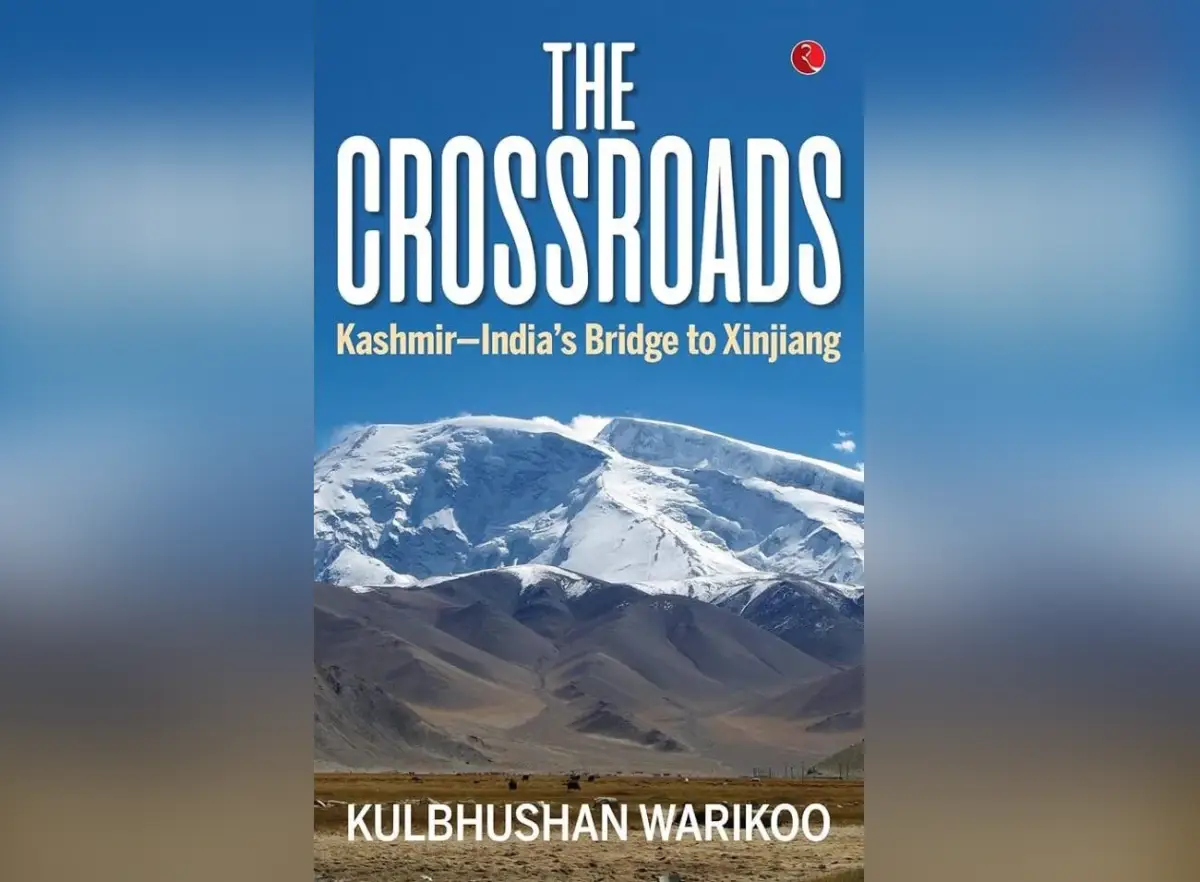
“India Must Reclaim Kashmir’s Historical Links With Xinjiang”
NEW DELHI, (IANS) – As China continues to bless the Pakistani deep state’s designs on Kashmir, a former top diplomat has made a pitch for India to become more active across the Karakoram region and reclaim the ancient economic and cultural ties that bound it with Kashmir.
There was a time when Kashmir, a bustling center of scholarship and trade, thrived as a gateway to Central Asia, particularly to the now cordoned-off Xinjiang province, China’s infamous ethnic cleansing laboratory.
It is precisely this link that Prof. Kulbhushan Warikoo studies in his book ‘The Crossroads: Kashmir-India’s Bridge to Xinjiang’ (Rupa).
The book casts the spotlight on Kashmir’s long-forgotten historical and cultural heritage that was also influenced greatly by its socio-cultural and economic ties with Xinjiang.
“The seed of the book was sown in 1979, when I met a Uighur and learned of the ordeal of those people in Xinjiang,” Warikoo said. The link between the two regions goes at least as far back as the eighth century CE when the emperor Lalitaditya reigned over Kashmir and the Tang dynasty ruled Xinjiang.
Kashgar was a strategically important oasis on the Silk Road that linked China, the Middle East and Europe. The links with Xinjiang facilitated extensive exchange of traders, monks, philosophers, and scholars with Kashmir.
The Gilgit-Kashgar route was the basis of the Karakoram highway, which connects the Gilgit-Baltistan region to the ancient Silk Road.
Fast forward to the days of the British Raj, when Kashmiri traders in Ladakh did not want Englishmen to survey their land, they were quick to relay their concern to Xinjiang.
The Englishmen were led there by an interest they had envisioned decades ahead of that time — that these trade routes were access points to different regions of a tremendously rich land.
The ‘Great Game’ was to check the expansion of Tsarist Russia and then the Soviet Union. But Xinjiang and the Karakoram stood as impediments to British interests, so the Chinese were encouraged to occupy the no man’s land around these regions.
The Indian perspective on Kashmir was not strategic. India never saw itself as a civilizational state and did not have a maximalist approach unlike China.




